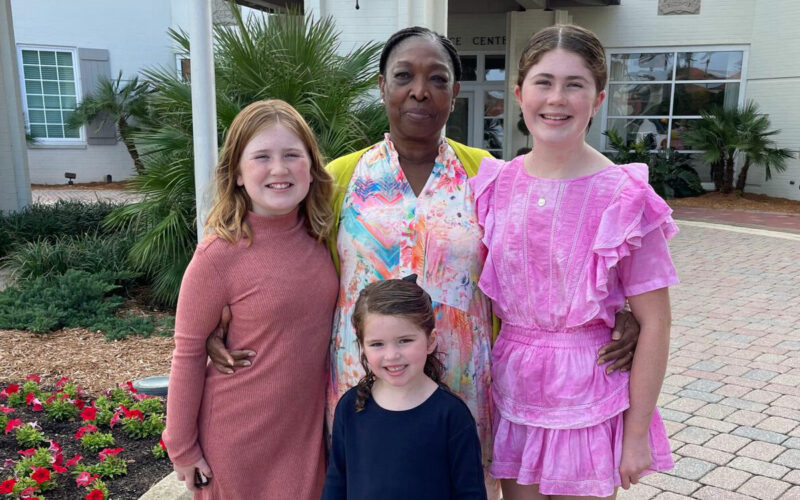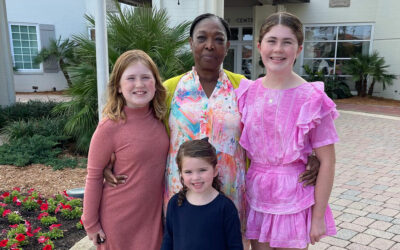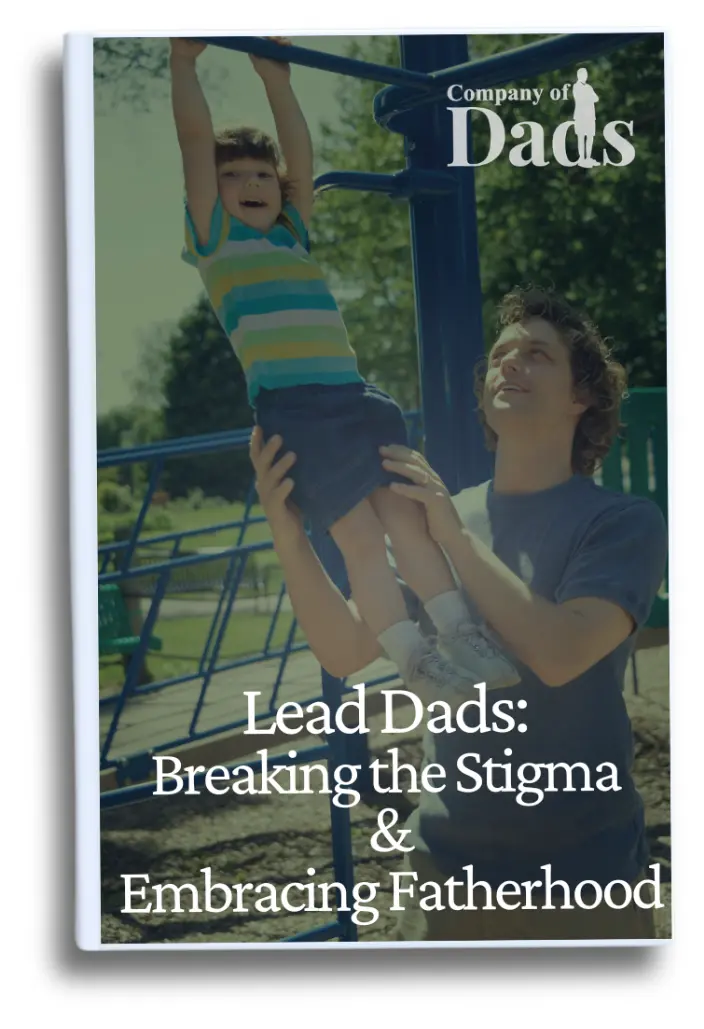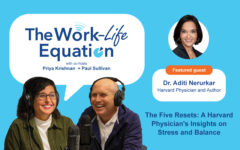This a note about gratitude for the vital role of paid caregivers in any two-income house.
On Sunday afternoon, my family stood crying around our front door.
We were saying goodbye to Genevieve Hall, who had been our daughters’ caregiver for nearly six years. She was retiring.
We all knew this was coming. It was over a year in the making. She had worked 35 years as a caregiver in the U.S. and it was time to return to her family in Jamaica. We knew her family well: we had visited them, and they had stayed with us many times. We were happy for her, happy for them, and grateful for all she had done for us.
We were also sad – not selfishly sad, but gratefully sad, as this wonderful person left for the last time.
G began as a baby nurse for our third daughter who was our easiest baby by far. (We wished we had had her – or anyone – to help with our second who never slept – and nor did I!)
Not exhausted or irritable with baby three, we had time to talk. We grew comfortable around each other. And one night, my wife asked G if she might consider becoming a full-time, live-in caregiver and leave behind the sleepless nights and uncertain schedule of a baby nurse.
She agreed – but only for two years, after which she’d retire. She was 61 then and thinking of life at home with her husband, daughters and grandson.
Two years came and went. Covid hit in year three, and the six of us – three adults, three children – spent months indoors together. That was the transition from caregiver to something closer to grandmother.
We valued G and her caregiving. We told her that, but we also paid her accordingly – and legally. She had paid time-off – several weeks at first, then the entire summer the past two years to make up for Covid travel restrictions – a 401k, and health insurance. As a green card holder, she has already received her first Social Security check.
What we couldn’t fully compensate her for was the comfort she gave us: the ability to work, live and occasionally get away knowing that our children would be cared for, that they would be safe and loved, that we would come home to someone who was more pleasant than I would be working and living with me!
I know many people aren’t open to talking about the caregivers in their lives. I could guess their silence comes from not wanting to admit their ability to pay someone to help them, to discuss their economic privilege. I disagree with this approach.
Caregiving is essential and necessary, and we should value it. We should also talk honestly about the need for it. It’s incredibly hard for two parents to work, live and parent without help. We didn’t have grandparents who could step in. We had G.
At bedtime that night, my 10-year-old asked: “Is G coming back?”
“Yes,” I said. “In July, for vacation.”
“Oh good,” she said. “I don’t know my life without her.”
What she knows is someone who loved her like her own granddaughter.









